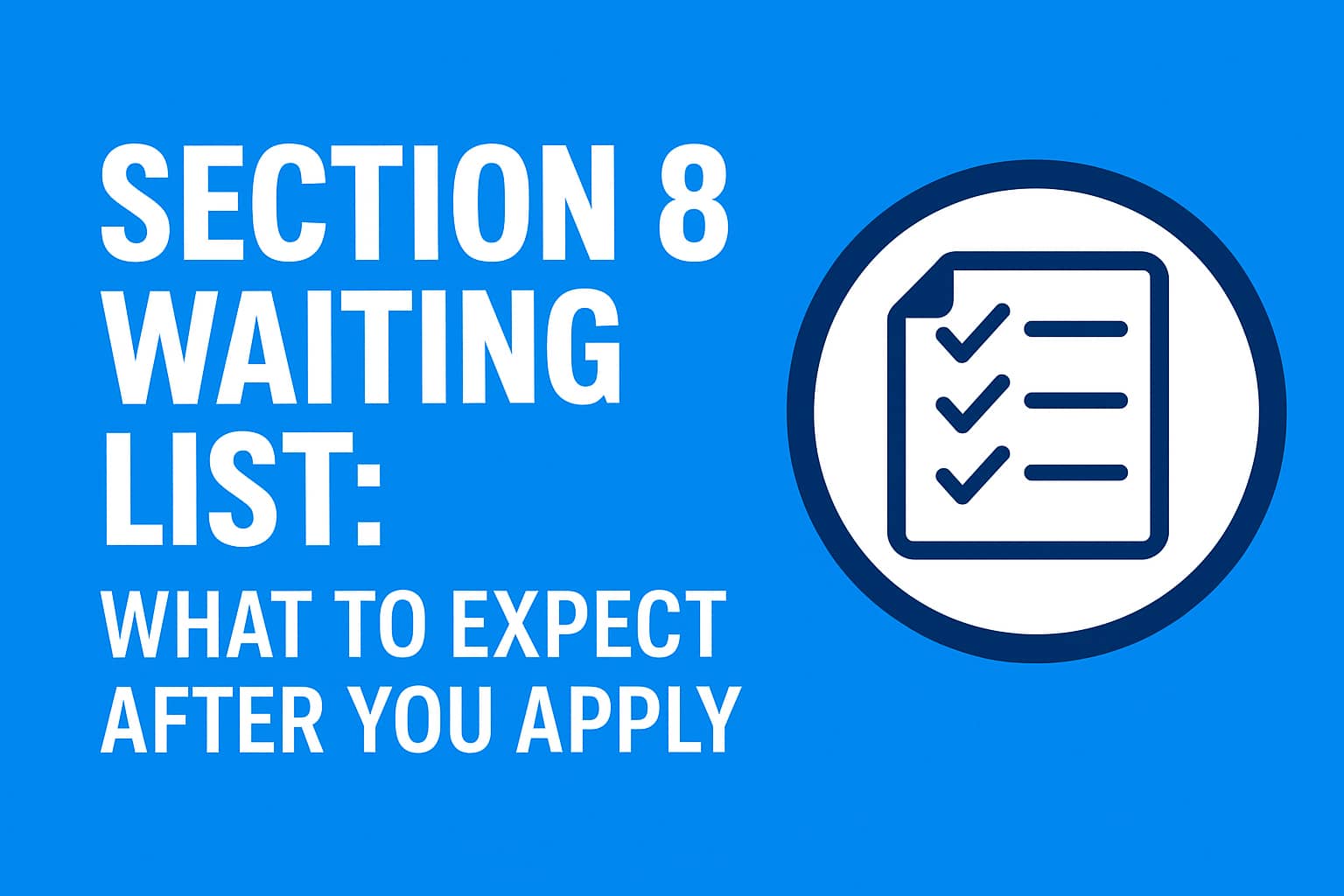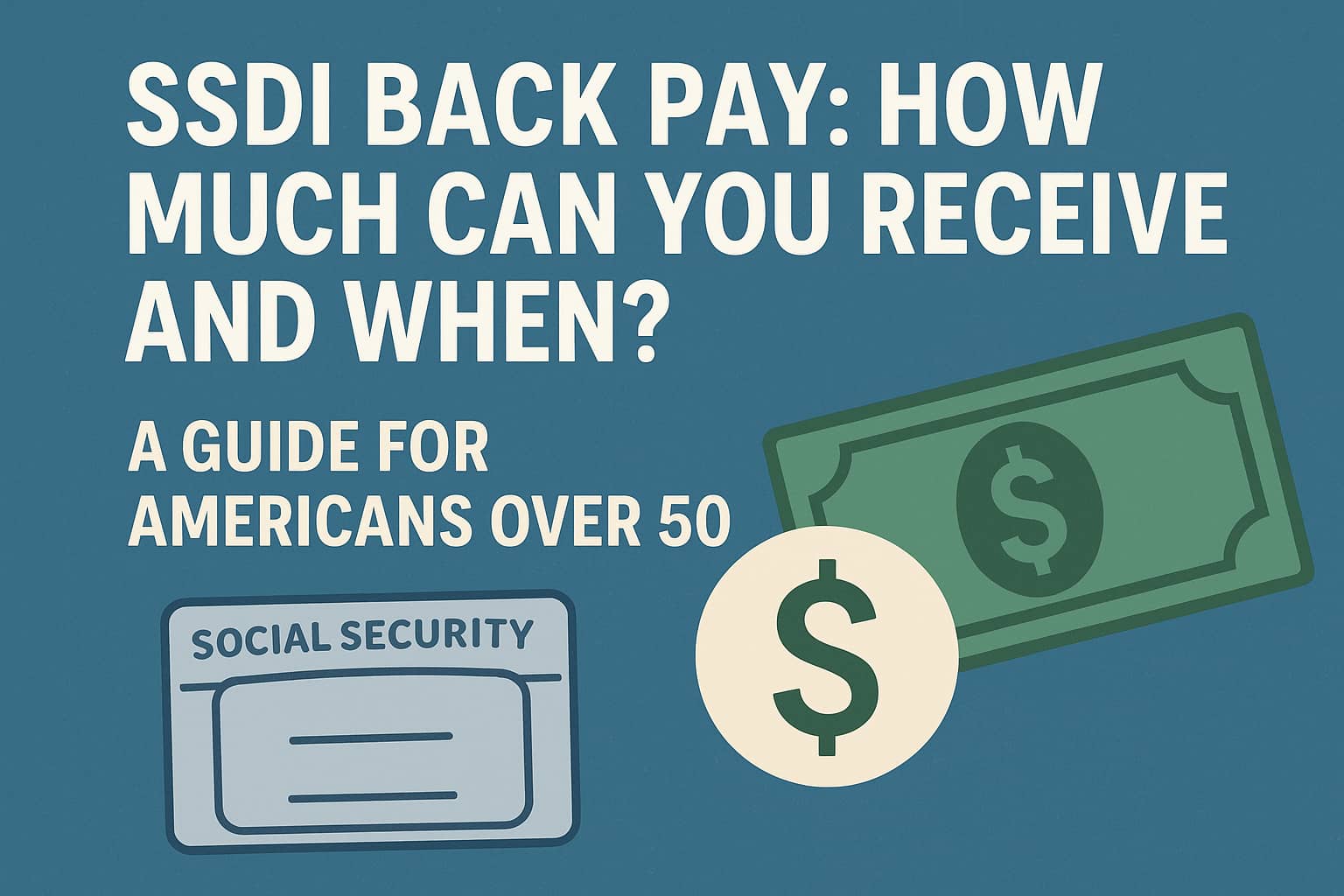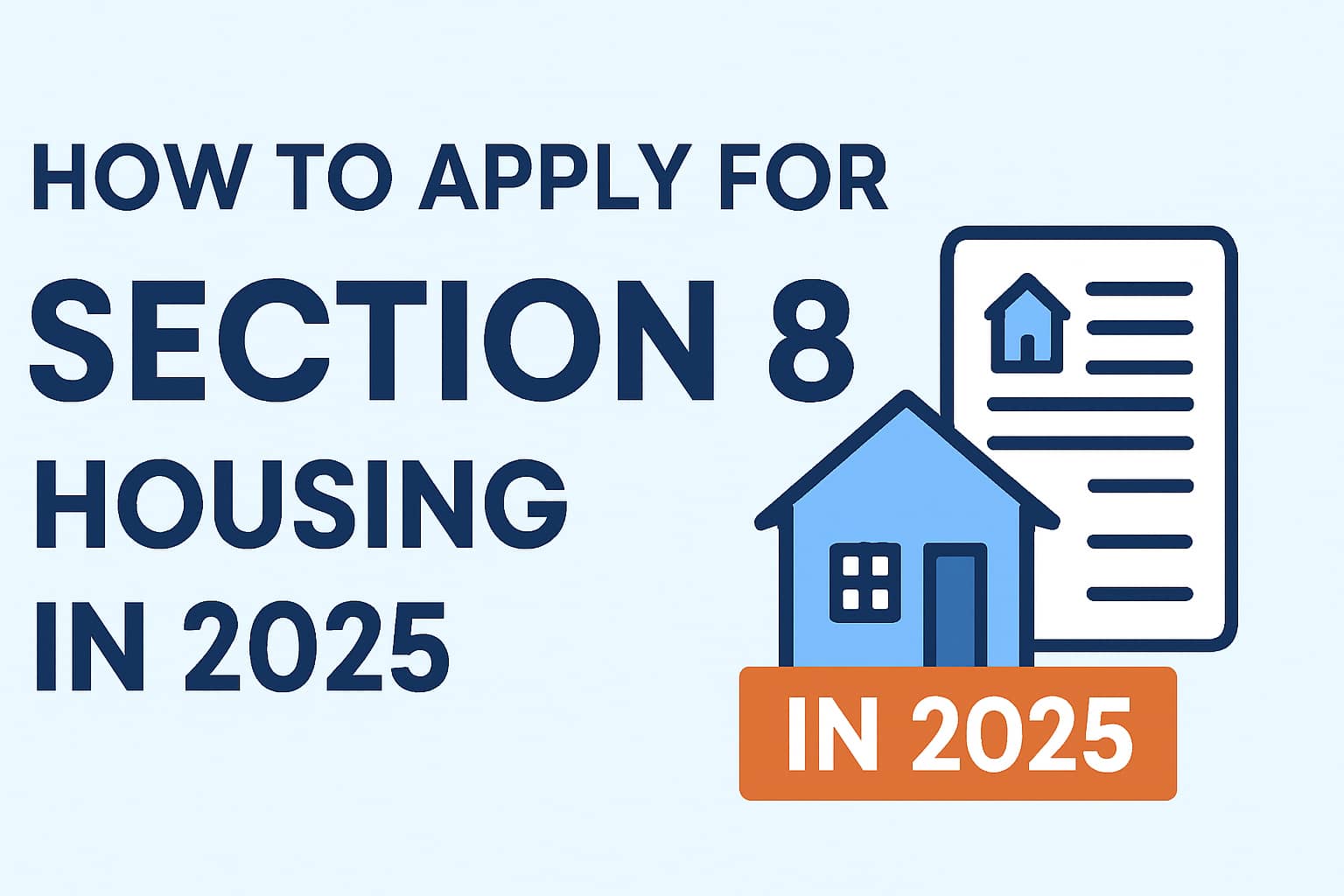
The Rise of Artificial Intelligence: Transforming the Future of Work
March 01, 2023
What is artificial intelligence?
Artificial intelligence (AI) refers to the development of computer systems that can perform tasks that typically require human intelligence, such as visual perception, speech recognition, decision-making, and natural language processing. AI systems can learn from data, adapt to new situations, and improve their performance over time without being explicitly programmed to do so.
AI is typically divided into two categories: narrow or weak AI and general or strong AI. Narrow AI is designed to perform a specific task or set of tasks, such as facial recognition or speech-to-text translation. Strong AI, on the other hand, is designed to perform any intellectual task that a human can do.
AI technology has been around for decades, but recent advancements in machine learning, natural language processing, and robotics have led to significant progress in the field. AI systems are now being used in many industries, from healthcare and finance to manufacturing and transportation.
There are many different approaches to developing AI systems, including rule-based systems, artificial neural networks, and evolutionary algorithms. Rule-based systems use a set of predefined rules to make decisions, while artificial neural networks use algorithms to simulate the way the human brain works. Evolutionary algorithms use principles of natural selection to generate and test multiple possible solutions to a problem.
AI has the potential to transform many industries and to solve complex problems that were previously impossible to solve. However, there are also concerns about the impact that AI could have on the workforce and on society as a whole. These concerns include the potential for job loss due to automation, the possibility of biased or unethical decision-making by AI systems, and the potential for AI to be used for malicious purposes. As AI technology continues to advance, it will be important to carefully consider these and other ethical and societal issues.
Artificial intelligence (AI) has come a long way since its inception.
With advancements in machine learning, natural language processing, and robotics, AI has the potential to transform the future of work. The rise of AI is evident in many industries, from finance and healthcare to manufacturing and transportation. In this post, we will explore how AI is transforming the future of work and what it means for the workforce.
AI is already transforming many industries, and the impact it is having is only set to increase. According to a study by Gartner, AI will create 2.3 million jobs by 2020, while eliminating 1.8 million jobs. However, the jobs that are being created are likely to be higher-paying, more skilled jobs, and those that are being eliminated are likely to be lower-paying, less skilled jobs.
One of the industries that are being transformed by AI in healthcare. AI is being used to improve the accuracy of diagnoses, identify patterns in large amounts of data, and assist doctors and nurses in making more informed decisions. For example, IBM’s Watson for Oncology is an AI-powered system that helps oncologists make treatment decisions based on a patient’s medical history and other data. Similarly, Google’s DeepMind Health is being used to improve the accuracy of diagnoses by analyzing medical images.
Another industry that is being transformed by AI is finance. AI is being used to detect fraud, improve risk management, and automate customer service. For example, chatbots are being used to provide customer service in many industries, including finance. The chatbots are able to answer frequently asked questions, process simple requests, and provide personalized recommendations.
Manufacturing is also being transformed by AI. AI-powered robots are being used to perform tasks that are dangerous, repetitive, or require high precision. These robots are able to work 24/7, and they can perform tasks with a level of accuracy that humans are unable to achieve. For example, BMW uses an AI-powered robot named “Florian” to assist human workers in assembling parts of their cars.
Transportation is another industry that is being transformed by AI. Self-driving cars are being developed by companies like Tesla, Google, and Uber. These cars are expected to improve road safety, reduce traffic congestion, and increase the efficiency of transportation. However, the adoption of self-driving cars may also have a significant impact on the workforce. According to a report by the Center for Global Policy Solutions, up to 3.5 million jobs could be eliminated by the adoption of self-driving cars.
The rise of AI is also leading to the creation of new jobs. For example, data scientists, machine learning engineers, and AI developers are in high demand. These jobs require specialized skills and knowledge, and they typically offer high salaries. According to Glassdoor, the median salary for a data scientist is $113,309 per year, while the median salary for a machine learning engineer is $121,754 per year.
The rise of AI is also leading to the need for new skills. According to a report by the World Economic Forum, the top 10 skills that will be in demand by 2022 include analytical thinking and innovation, active learning and learning strategies, creativity, originality, and initiative, technology use, monitoring and control, complex problem-solving, critical thinking and analysis, leadership and social influence, emotional intelligence, reasoning, problem-solving, and ideation. These skills are all related to the ability to work with AI and to use AI to solve complex problems.
However, the rise of AI is also leading to concerns about the impact it will have on the workforce. According to a report by McKinsey, up to 800 million jobs could be lost to automation by 2030. This could lead to significant social and economic challenges, including rising inequality
See also: Top 5 latest technologies that has changed the world
Test your Knowledge!
Which 1939 film featured the line “Frankly, my dear, I don’t give a damn”?
Recent Posts
What to Expect After You Apply: The Section 8 Waiting List
September 29, 2025
SSDI Back Pay: How Much Can You Receive and When?
September 29, 2025
How to Apply for Section 8 Housing in 2025 – Complete
September 27, 2025
How to Qualify for SNAP Benefits in 2025: The Complete Guide
September 27, 2025
Supplements That Help With Memory Loss in Seniors
August 10, 2025
SUBSCRIBE TO OUR NEWSLETTERS
Subscribe our newsletter for latest news, questions. Let's stay updated!





